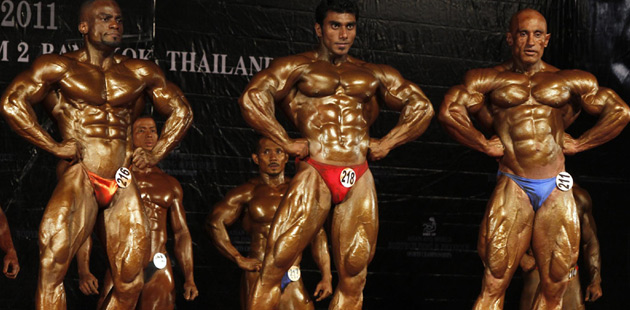Updated tariffs on luxury products discussed
Updated: 2011-10-14 09:21
By Lan Lan (China Daily)
|
|||||||||||
BEIJING - China needs to update its definition of luxury goods and adjust the tariffs on imported luxury goods accordingly, a senior Customs official said on Thursday.
The country is rumored to have plans to cut tariffs on a host of imported luxury goods this year to attract domestic consumers, many of whom go overseas to purchase such products or buy them online.
"It's an international practice to impose high tariffs on luxury goods, but the rates for luxury goods are changing in accordance with the economic development (of different countries)," Lu Peijun, deputy head of the General Administration of Customs, told China Daily on Thursday.
"Tariff cuts are an issue of the top priority with policymakers. However, the definition of luxury products should be made more accurate to better delineate tariff policies," Lu said.
According to Wei Jianguo, former vice-minister of commerce, China's definition of "luxury goods" is too broad and some items should be delisted and their import tax rates accordingly lowered.
Lower tax rates would stimulate domestic consumption of such goods, he said.
A survey by the Ministry of Commerce shows that the prices in China of 20 luxury brands in goods ranging from clothing to electronics are 45 percent higher than in Hong Kong and 51 percent higher than in the United States.
Though China's middle class and its purchasing power are expanding, many Chinese customers prefer to buy luxury goods overseas to avoid the high taxes on imported goods.
Analysts have said policymakers are divided over the tax policies regarding luxury goods - the Ministry of Commerce supports tariff cuts for the products, and the Ministry of Finance opposes them.
Shen Danyang, a spokesman for the Ministry of Commerce, recently said it's unclear whether the two ministries have reached consensus on the issue.
Wei Jianguo, now secretary-general of the China Center for International Economic Exchanges, said cutting tariffs is crucial to fanning consumer enthusiasm to buy such products domestically.
"Presently, Chinese consumers, as they become more wealthy, can afford goods such as cosmetics, liquor and cigarettes, and some of them should no longer be categorized as luxury goods," Wei said.
According to a Bain & Company survey in 2010, Chinese consumers spent $13 billion on luxury goods, and 56 percent of that was spent overseas.
Related Stories
Training techs in luxury cars 2011-10-13 13:56
Luxury cruise starts direct journey to Taiwan 2011-09-28 17:56
VCs approach luxury retailers 2011-08-15 09:58
Thailand targets Chinese MICE visitors with luxury promotion 2011-09-13 10:29
- Export outlook bleak as Canton Fair to open
- Concern over currency bill
- Sept trade surplus falls by 12.4%
- QDII funds' net worth drops by 17.6% in Q3
- CBRC to enhance liquidity risk management
- Walter tooling up for growth in China
- Sinovel seeking $58m from US supplier
- Stocks rally on talk of gov't support













